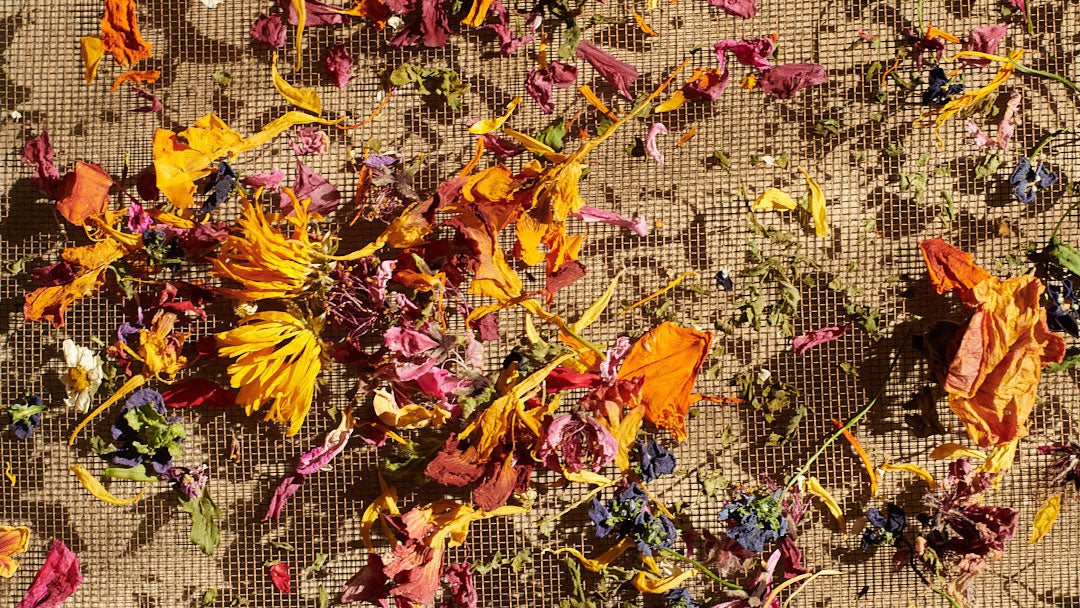

A Blossoming World of Medicinal Wonders
The enchanting beauty of flowers has captivated us for centuries, but did you know that certain blooms also possess remarkable medicinal properties? Edible flowers not only add color and flavor to culinary creations (ahem, which is what all of products are based off of!) but they also offer a treasure trove of health benefits. Join us on a delightful journey as we explore the fascinating world of edible flowers and their therapeutic potential.
Calendula:
Known for its vibrant orange and yellow petals, calendula is a versatile flower renowned for its anti-inflammatory and wound-healing properties. This sunny blossom is often used topically to soothe skin irritations, promote tissue repair, and alleviate minor burns, cuts, and rashes. Additionally, calendula possesses antimicrobial properties that aid in combating infections.
Lavender:
Beyond its calming aroma, lavender also boasts various medicinal qualities. This delicate purple flower is celebrated for its ability to promote relaxation, reduce anxiety, and improve sleep quality. Additionally, lavender can alleviate headaches, ease digestive discomfort, and even soothe insect bites. Incorporating lavender into teas or desserts can provide a delightful and therapeutic experience.
Rose:
Roses have long been cherished for their symbolic meaning, but their petals also offer a range of health benefits. Rich in antioxidants, rose petals possess anti-inflammatory properties that can aid in relieving symptoms of skin conditions like acne and eczema. Rose-infused teas are known for their calming effects and their potential to improve digestion and alleviate menstrual cramps.
Chamomile:
With its dainty white and yellow flowers, chamomile has been used for centuries as a natural remedy for various ailments. Chamomile tea is renowned for its calming and soothing properties, making it a popular choice for those seeking relaxation and relief from anxiety or insomnia. This gentle flower also possesses anti-inflammatory properties and can aid in digestive discomfort and menstrual cramp relief.
Elderflower:
Delicate and fragrant, elderflowers offer more than just their visual appeal. These blossoms are rich in antioxidants and possess potent immune-boosting properties. Elderflower tea or syrup can help alleviate symptoms of colds and flu, including nasal congestion and sore throat. Moreover, elderflower has diuretic and anti-inflammatory properties, which may aid in reducing swelling and promoting urinary health.
These are just a few of nature’s beauties that are edible, Loria lists more edible flowers in her edible flower guide here and an even more extensive guide in her most recent cookbook which you can find here.
Nature has bestowed upon us a magnificent array of edible flowers, each with its unique medicinal properties. From soothing skin irritations to promoting relaxation and boosting immunity, these blossoms not only add visual appeal to our culinary creations but also offer a myriad of health benefits. So, the next time you savor a dish adorned with edible flowers, remember that you are indulging in a delightful fusion of taste and wellness.
Disclaimer: While edible flowers offer potential health benefits, it is essential to consult with a healthcare professional before using them for therapeutic purposes, especially if you have any underlying medical conditions or are taking medications.
We recommend our flowerfetti for those wishing to harness the magic of flowers
We also recommend our edible pressed flowers, each one a little piece of art

